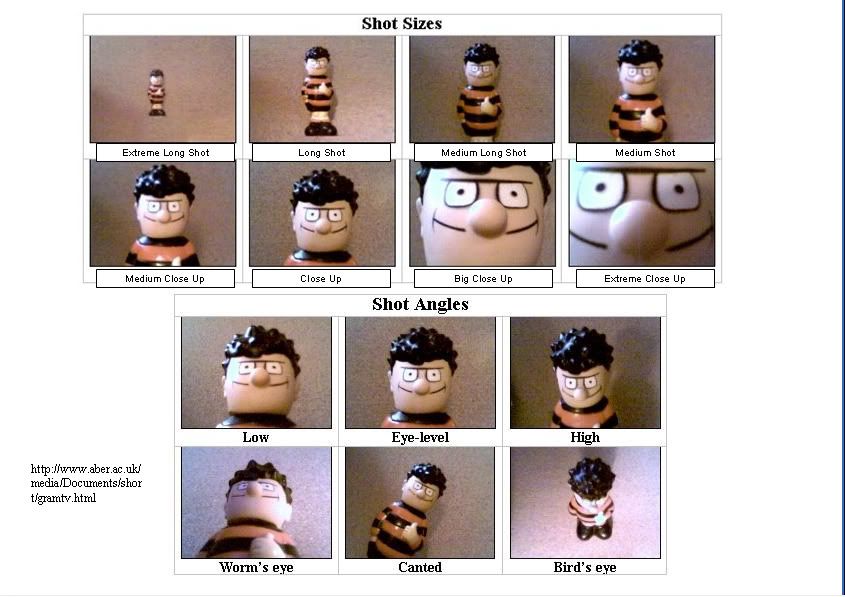One of the important issues figuring out the standard of a photograph is the angle from which it was taken. Shooting at this angle with a longer lens, just like the 100mm lens, or setting your zoom lens to one thing like 75mm or increased, you get to really see into your dish and in loads of cases, only see the floor of what you are taking pictures on – there isn’t any background (surface is the wooden right here – background would be what you’ll see past the surface, like a wall).

As with the purpose-of-view shot, if the topic is trying immediately on the digicam, the impact might be similar to the front digicam angle, besides in those situations the place the psychological impression is that the subject has simply noticed your presence, is being coy, has been caught off guard, has deliberately turned away from you, or, for some motive different motive, wants to avoid a full-face encounter.
Even if you happen to tilt your head to 1 facet or the opposite, the scene around you still tends to register in your mind as a stage aircraft, which just goes to show you ways robust human notion is. But when you tilt a digital camera to at least one aspect or one other whereas taking a shot, the ensuing photograph portrays a scene that seems unnaturally slanted up or down.
After the battle, it took a while for commercially produced motion pictures to catch up, and documentary makers led the way in which, demanding the production of smaller, lighter cameras that might be moved in and out of a scene with pace, producing a “fly-on-the-wall” aesthetic took a while to catch on with mainstream Hollywood, as it gives a jerky, ragged impact, completely at odds with the organised smoothness of a dolly shot.
Taken from significantly high camera angles, like on the high of stairs or upper flooring of a constructing, a photograph can create sensations of freedom, transcendence, and ” above all of it.” You are feeling omniscient by having the ability to see the Massive Picture and all of the action within it. As a more goal moderately than immersive point of view, you change into the unseen observer, uninvolved, distant.
